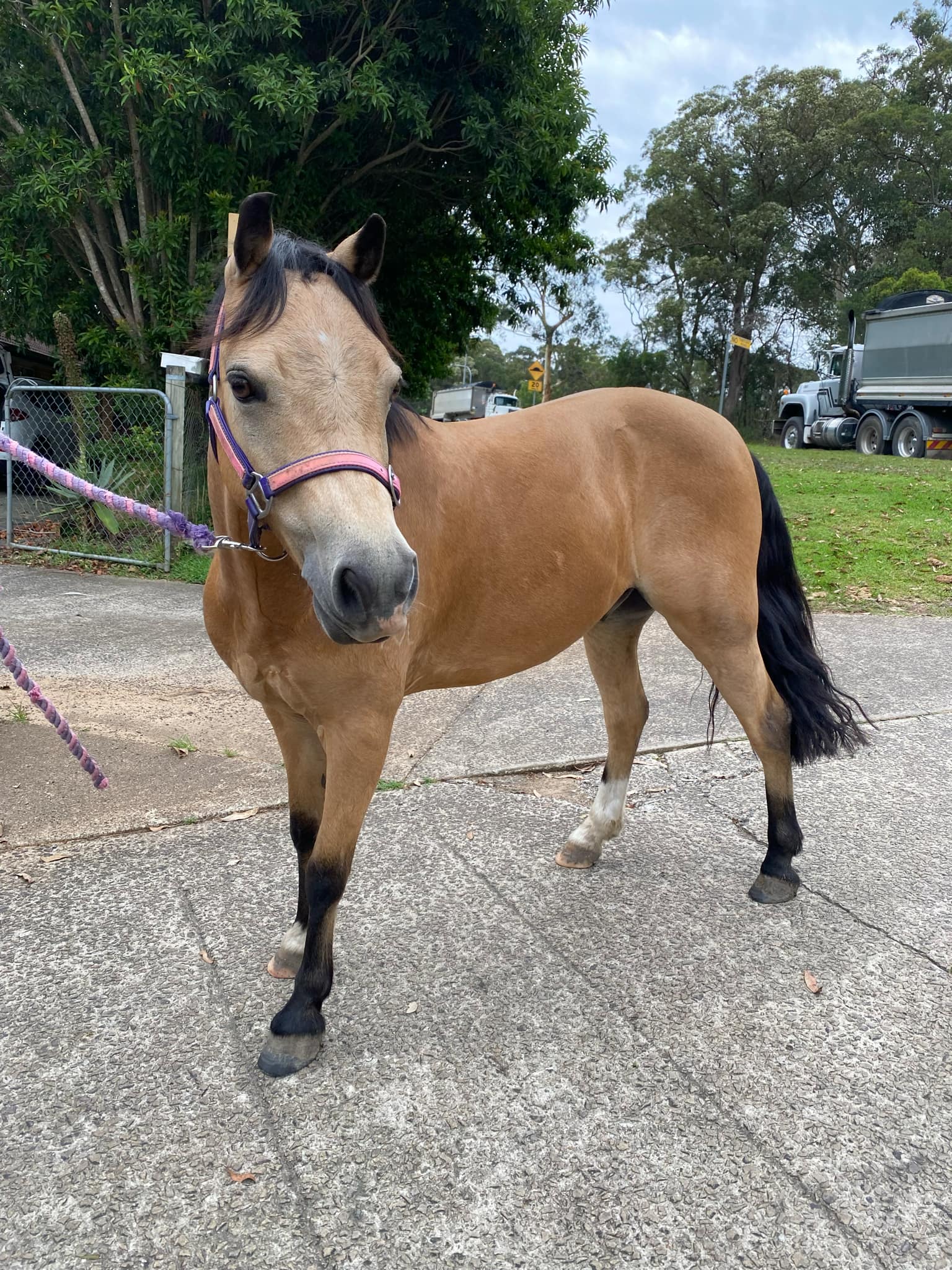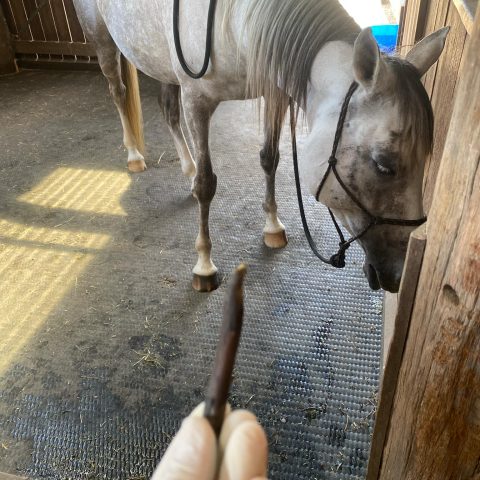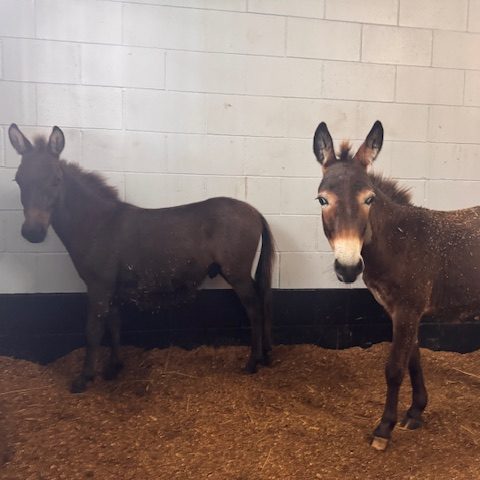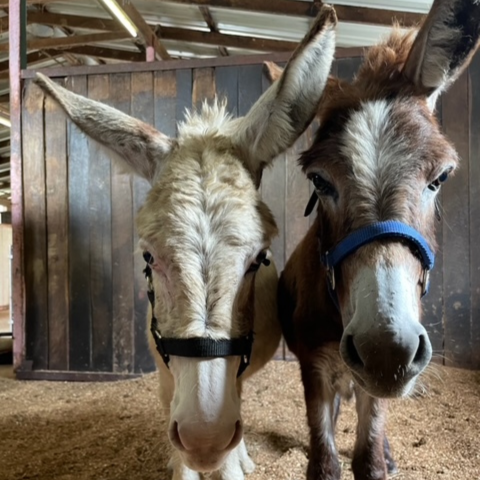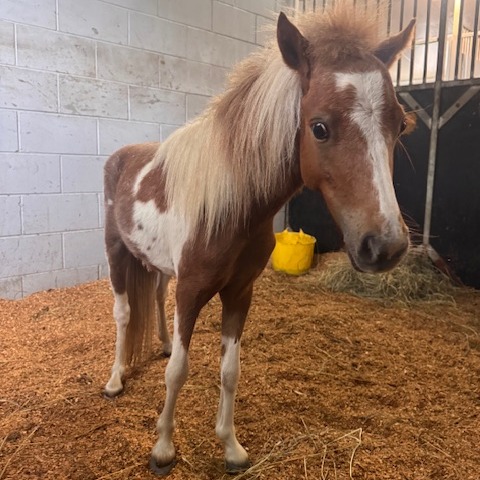Patient: Milo
Breed/Type: Pony
Presenting complaint: Mild lameness noticed at the beginning of summer
History: Milo’s owner reported a recent change in diet several months prior, along with noticeable weight gain. These changes coincided with the seasonal flush of fresh, green pasture. The onset of mild lameness raised concerns and prompted a veterinary assessment.
Clinical findings: On examination, Milo displayed signs consistent with foot pain. Based on his clinical presentation, history of dietary change, and increased body condition, laminitis was considered the most likely diagnosis.
Management and outcome: Milo’s laminitis flare-up was successfully managed through careful dietary adjustments and the use of anti-inflammatory medication. His owner implemented a controlled feeding plan aimed at weight reduction and metabolic support.
At his two-month follow-up, Milo showed marked improvement. He was more comfortable on his feet and had shed the excess weight gained earlier in the season.
Discussion: This case highlights a common scenario seen in equine practice – ponies developing laminitis during the warmer months, often due to weight gain from unrestricted access to lush pasture. Proactive management of diet, weight, and pasture intake is essential in preventing flare-ups, particularly in ponies and horses predisposed to metabolic issues.
Key takeaway: If you notice changes in your horse or pony’s gait, body condition, or behaviour, it’s important to seek veterinary advice early. Timely intervention can prevent more serious complications and support long-term health.
